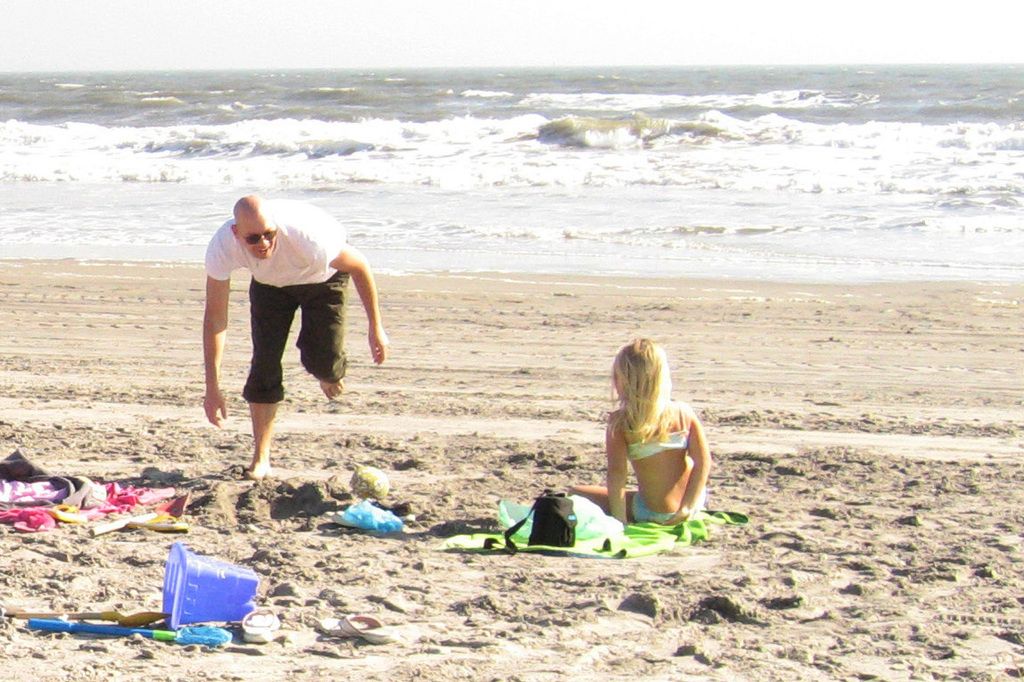Shielding the Young: EU Countries Aim to Protect Children from Social Media
Multiple European nations advocate for prohibiting digital platforms targeted at minors
European Union member states such as France, Greece, Denmark, Spain, Slovenia, and Cyprus are advocating for stricter regulations on popular social media platforms like TikTok, Instagram, and YouTube. These countries are urging the EU Commission to enact binding rules across the EU to minimize the risks to children online.
The New Digital Frontier
In theory, existing age restrictions apply to various social media platforms, with TikTok, Instagram, Snapchat, and X (formerly Twitter) available for users aged 13 and above in the EU, while YouTube and Tumblr are for those aged 16 and above. However, due to the absence of a reliable age verification process during registration, children as young as seven or eight create accounts on these platforms.
A Stricter Approach
To change this circumvention, the aforementioned countries want to impose mandatory age verification and parental consent for underage users. For instance, France initially passed a law in 2023 to ensure age verification, but the legislation has yet to receive approval from Brussels.
The Perils of the Digital Age
The growing concern centers around the various online threats children face, including harmful content such as hate speech, bullying, extreme diet tips, and pornography. In addition, excessive screen time can exacerbate anxiety disorders, depression, and hinder a child's critical thinking skills.
Making Progress Towards a Solution
The European Commission is proposed to develop a secure mobile app for age verification, slated to launch in July. This app only confirms whether a user is old enough without revealing their exact age. In the future, citizens might be able to acquire a digital ID on their smartphones to automatically block inappropriate content for younger users.
The Challenges Ahead
Environmental concerns have been raised regarding these restrictions, with some arguing that they may limit young people's access to information and political debate platforms. Despite these reservations, the initiative shows promise in protecting children from the dangers posed by unregulated social media use.
The EU Commission is currently probing several platforms, including TikTok, Meta (Facebook's parent company), and adult content providers like Youporn, Stripchat, XVideos, and XNXX, over child and youth protection concerns. If their suspicions prove correct, these companies might be liable to pay hefty fines.
- The aforementioned community policy within European Union member states aims to enforce stricter regulations on employment policy of popular social media platforms, including TikTok, Instagram, and YouTube, to protect children and minimize the risks they face online.
- In a bid to limit the access of underage users on these platforms, some countries, like France, are advocating for an employment policy that emphasizes mandatory age verification and parental consent.
- As part of the education-and-self-development approach, the European Commission is working on developing a secure mobile app for age verification that will launch in July and will aim to automatically block inappropriate content for younger users.
- However, in the realm of policy-and-legislation, there are concerns that stricter regulations might restrict young people's access to platforms for general-news, social-media, entertainment, and even political debates, though the initiative shows promise in addressing the issues of crime-and-justice related to child protection online.




